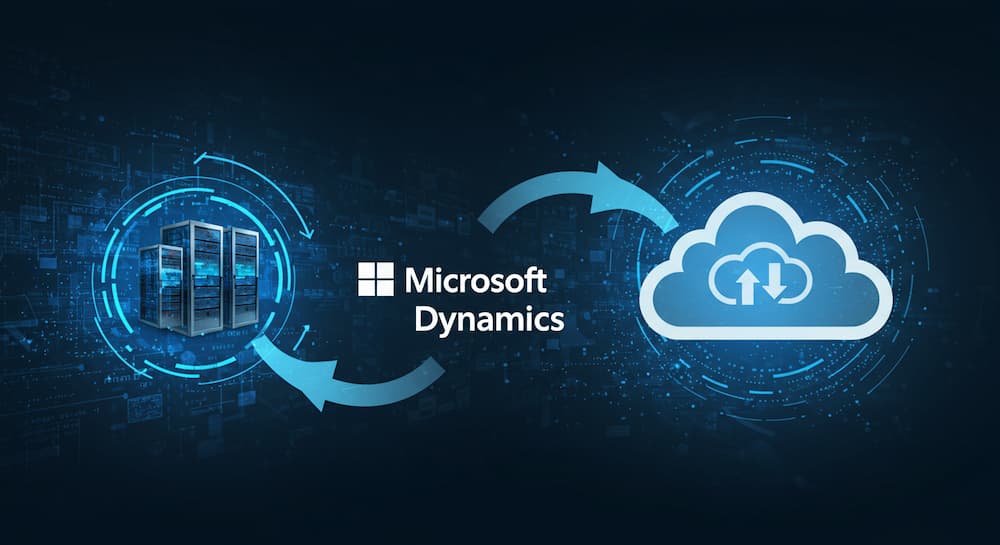When it comes to wholesale businesses, managing customer relationships effectively can be a game-changer. Choosing the right CRM (Customer Relationship Management) system can help wholesalers streamline their operations, maintain customer loyalty, and drive consistent sales growth. In this guide, we’ll explore the best CRM options for wholesalers, highlight their features, discuss potential drawbacks, and provide tips for making the right decision.
What is a CRM, and Why Do Wholesalers Need One?
A CRM system is a software solution that helps businesses manage interactions with current and potential customers. For wholesalers, this tool is critical for managing high-volume client databases, automating routine tasks, and creating personalized marketing campaigns.
Key benefits of a CRM for wholesalers include:
- Better organization of customer data.
- Automation of follow-ups and sales processes.
- Enhanced sales forecasting for long-term planning.
- Improved communication between sales and customer service teams.
Top CRMs for Wholesalers
Salesforce Sales Cloud
Salesforce Sales Cloud is one of the most recognized CRMs on the market, known for its flexibility and scalability.
Key Features:
- Advanced sales forecasting tools.
- Highly customizable dashboards.
- Integration with a vast array of third-party tools.
Drawbacks:
- Complexity can overwhelm small teams.
- Higher price point compared to other CRMs.
Tamer Badr from Singleclic shares: “Salesforce is like the Swiss Army knife of CRMs. It’s powerful, but it’s best suited for wholesalers who have the resources to fully leverage its capabilities.”
Zoho CRM
Zoho CRM is a budget-friendly solution that doesn’t compromise on essential features, making it ideal for small to mid-sized wholesalers.
Key Features:
- AI-powered insights for smarter decision-making.
- Mobile app for on-the-go access.
- Customizable workflow automation.
Drawbacks:
- The user interface might feel dated for some users.
- Limited advanced features in the free version.
HubSpot CRM
HubSpot CRM stands out with its user-friendly interface and comprehensive free tier.
Key Features:
- Free plan that includes contact management and email tracking.
- Integration with HubSpot’s marketing and sales tools.
- Easy-to-use pipeline tracking.
Drawbacks:
- Advanced features like reporting come at a premium.
- Customization is less extensive compared to competitors.
Pipedrive
Pipedrive is designed for sales teams that need to focus on deal tracking and pipeline management.
Key Features:
- Intuitive drag-and-drop interface.
- Visual pipeline tracking.
- Automated task reminders.
Drawbacks:
- Limited marketing tools.
- Add-ons can increase costs quickly.
People Are Always Asking
“What is the best CRM for wholesalers with a limited budget?”
For wholesalers working on tight budgets, Zoho CRM and HubSpot CRM offer great value without compromising essential features. They are beginner-friendly and cost-effective.
“Do I need a specialized CRM for my wholesale business?”
While general-purpose CRMs like Salesforce and HubSpot work well, specialized wholesale CRMs may offer tailored features like inventory tracking or bulk order management.
“How long does it take to implement a CRM?”
It depends on the CRM’s complexity and the size of your team. Simpler solutions like Pipedrive can be set up within a day, while larger systems like Salesforce might take weeks or months.
Factors to Consider When Choosing a CRM
When evaluating the best CRM for your wholesale business, consider:
- Ease of Use: Look for a CRM that your team can quickly adapt to.
- Integration: Ensure it works with your existing tools (e.g., ERP software or email platforms).
- Scalability: Choose a CRM that can grow with your business.
- Support: Evaluate the quality of customer service and training resources.
- Cost: Factor in subscription fees, training costs, and any potential hidden charges.
Reviews from Wholesalers
- Zoho CRM User: “The affordability and ease of use make Zoho a lifesaver for small wholesalers like me. The AI insights are a bonus.”
- Salesforce Sales Cloud User: “We love how Salesforce helps us predict trends, but the steep learning curve was a challenge initially.”
- HubSpot CRM User: “HubSpot’s free version got us started, and we’ve been expanding ever since. It’s so easy to use!”
Potential Pitfalls of CRM Implementation
While CRMs can transform your wholesale operations, there are a few things to watch out for:
- Underutilization: Teams might not fully use all the features, leading to wasted investment.
- Data Migration Challenges: Transferring existing customer data to the new CRM can be time-consuming.
- Ongoing Costs: Some CRMs require additional payments for advanced features or integrations.
Final Thoughts from Tamer Badr
According to Tamer Badr: “The best CRM for wholesalers is one that aligns with their unique business needs. Start with a clear understanding of your goals and choose a solution that simplifies your operations while offering room to grow.”
For personalized advice on digital transformation solutions, visit our Services page.
FAQ
What is the best CRM for wholesalers with multiple locations?
Salesforce and Zoho CRM are great options due to their advanced reporting and integration capabilities.
Can I use a free CRM for my wholesale business?
Yes HubSpot CRM offers a robust free plan that includes essential tools like contact management and email tracking.Is training required for CRM implementation?
Yes most CRMs require some level of training to ensure your team uses them effectively.









